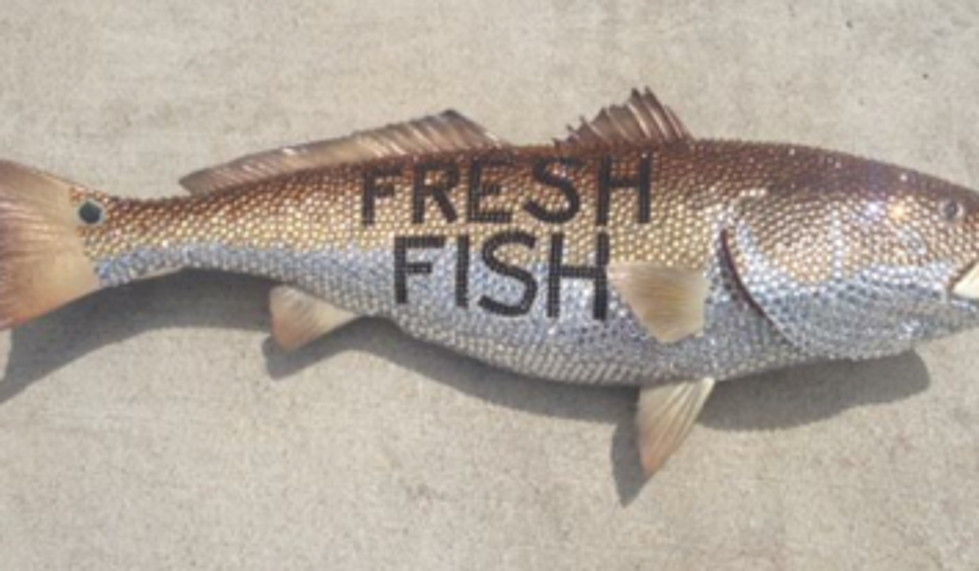
New Invasive Species Fish is Threatening Louisiana Waters

As a huge fan of Swamp People, I've been fascinated with their "Swamp People: Serpent Invasion" as they hunt huge pythons in the Florida Everglades.
I told my wife that I wouldn't be surprised if we didn't have some of the same problems in the swamps of South Louisiana. It's been rumored that years ago somewhat spotted an anaconda on the banks of the Red River, but, to the best of my knowledge, that rumor was never confirmed.
However, I do remember back in the early to mid 1990's when a local angler actually caught a piranha from the East Kings Highway Bayou.
That begs the question, "How did it get there?" The answer, though somewhat startling, is "we put it there." Well, not "we" as me and one of my redneck buddies. No, it was someone who had one in an aquarium and when they decided they could no longer care for it, dumped it into the bayou, or a body of water that feeds it.
That's the worst possible scenario for an ecosystem. There's a reason why those are native to Louisiana waters. It wasn't Mother Nature's plan. But, when people commit acts like this, the results can be nothing short of disastrous.
Just ask wildlife officials in Florida who are dealing with the python epidemic. They also have to contend with Nile Monitors and Nile Crocodiles, feral hogs (yes, an invasive species) and iguanas.
Meanwhile, here in Louisiana, we've been dealt some of the same problems. Any outdoorsman can tell you of their recent experience with the feral Russian boars or their woes with Giant Salvinia completely taking over our area lakes.
And now Louisiana waters are being threatened with the "Lowland Cichlid" which is a fish related to Rio Grande Cichlid, which has been most introduced into waters all over Texas, Louisiana and Florida.
In an article from newswise.com we read:
Scientists have documented that the Rio Grande Cichlid can dominate the waters by being aggressively territorial with other fish, especially bluegill.
They’re taking the threat seriously in Louisiana, in particular. The state has made it illegal to own the fish and requires anyone who catches one to kill it immediately. And private groups have set up fishing contests to encourage removing them from the water.
In an article on thedaily.case.edu, Biologist, Ronald Oldfield, who has identified this invasive species in the New Orleans area says, “The introduction of non-native aquatic species is one of the greatest threats to natural ecosystems around the world. ” He goes on to say, “Humans are permanently harming natural environments around the world through the introduction of non-native species.”
The Louisiana Department of Wildlife and Fisheries adds this to the discussion.
Invasive species are harmful in Louisiana because they may:
- Spread rapidly due to a lack of natural predators
- Feed on native species and reduce native population sizes
- Outcompete native species for food and habitat resources
- Introduce new parasites and pathogens
So, there are a couple of takeaways from this.
- Invasive species are incredibly harmful to an ecosystem.
- Don't turn your aquarium fish loose into our waters.
- See takeaway number 1.
7 Lazy Rivers in Louisiana
10 Louisiana Laws You Don't Know You're Breaking
More From Cajun Radio 1290 AM




![Deformed Fish and Shrimp in Gulf Due to BP Spill [VIDEO]](http://townsquare.media/site/159/files/2013/07/BP.jpg?w=980&q=75)
![What Is On Your Menu For Good Friday? [POLL]](http://townsquare.media/site/162/files/2012/03/Shrimp.jpg?w=980&q=75)

